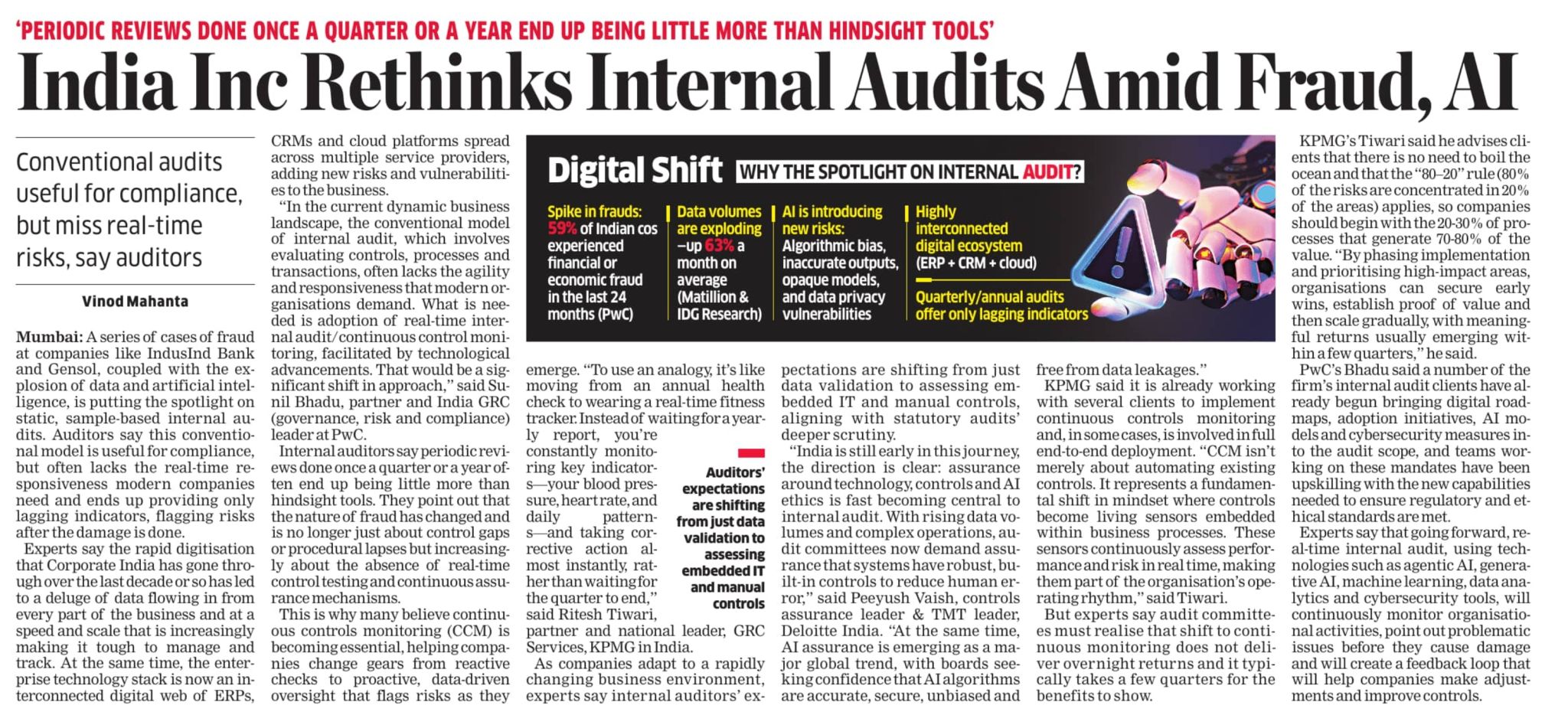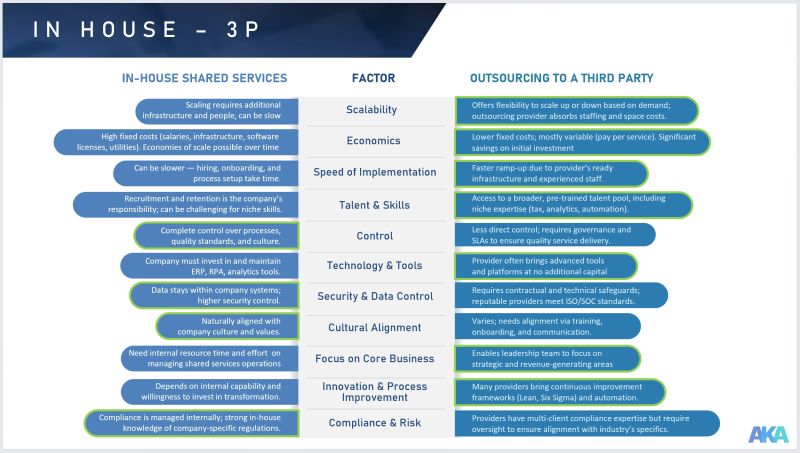Key Challenges Businesses Face
Data From Multiple System
Without an effective customer reconciliation process, misaligned transactions can cause revenue loss.
Manual Reconciliation- Slow
Manual efforts to reconcile customer accounts slow down operations, affecting cash flow and business efficiency.
Missing / Incorrect Documentation
Poor customer account reconciliation can lead to regulatory non-compliance, legal penalties, and loss of credibility.
Unapplied / Misapplied Payments
A lack of automation in customer reconciliation creates bottlenecks, wasting time and resources.

What We Offer
Know more about our Customer ReconciliationServices
How Your Business Benefits
Accurate Financial
Records
Prevent discrepancies and maintain
precise financial data with our customer reconciliation services.
Increased Operational
Efficiency
Free up resources and
accelerate reconciliation
with automation.
Stronger Client
Relationships
Build trust through accurate
reporting and seamless
transactions.
Compliance &
Risk Reduction
Ensure compliance with legal regulations
through structured customer reconciliation processes.
Frequently Asked Questions
Customer reconciliation is the process of matching transactions between a business and its customers to ensure accuracy, prevent discrepancies, and maintain financial integrity.
Automation reduces manual errors, speeds up transaction matching, and eliminates bottlenecks, leading to faster and more accurate reconciliation.
Any business handling large volumes of customer transactions, including retail, finance, SaaS, and service-based industries, benefits from reconciliation to ensure accurate records.
Yes! Proper reconciliation ensures regulatory compliance, reduces audit risks, and prevents legal penalties by maintaining transparent financial records.
By detecting errors, duplicate entries, and missing payments, reconciliation helps businesses recover lost revenue and prevent financial mismanagement.
Absolutely! Accurate financial records reduce billing disputes, ensure timely corrections, and build trust with customers.
The frequency depends on transaction volume, but businesses typically reconcile monthly, quarterly, or in real-time using automated solutions for optimal accuracy.
Blog
India Inc is Rethinking Internal Audits: But We’ve Been Doing This for Years !
Today’s article in The Economic Times highlights an important truth: periodic, sample-based a...
Internal Audit Services, Internal Audit Firm in India, Internal Audit Company, Internal Audit Outsourcing, Internal Audit Process
Common Challenges in in-house Accounts Payable Management and How Aka Helps Fix Them
Accounts Payable problems rarely announce themselves.Invoices get processed. Payments go out. Vend...
accounts payable automation,workflow optimization,ap process improvement,vendor management,finance automation,accounts payable efficiency,audit firm services,invoice processing solutions,cash flow management,ap automation for businesses
Building a Shared Service Center: The Moment 'You and Us' Became 'We'
“Are you here to take over our jobs?”They never said it, but we could feel it — the polite smiles, t...
Outsourcing, InhouseVsOutsourcing, SharedServices, BusinessTransformation, ProcessOptimization, GrowTogether, TogetherWeDeliver



